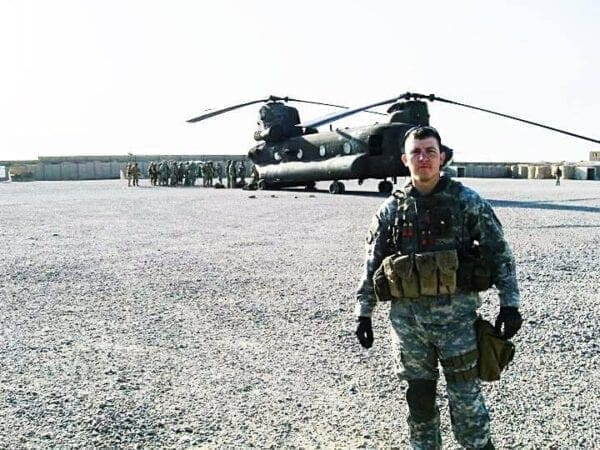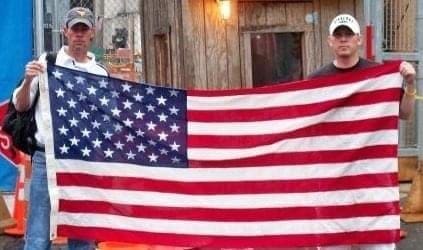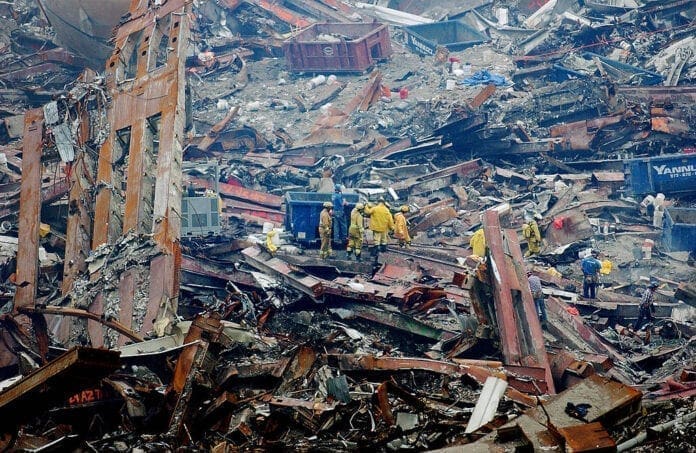By this time of the day, 19 years ago, that is, we were waiting in our home in Pittsburgh for the phone to ring.
It was a day of American tragedy after two commercial airliners destroyed the World Trade Towers in New York City, and another barreled into the Pentagon. A fourth plane, United 93, was reported to be wafting above the city of Pittsburgh, and that allowed everyone to wonder what target could be next.
My mother had caught on to the symbolism quickly and was sure PNC Park was next because that’s where America’s pastime was played, but I thought the U.S. Steel Building was more likely because the company played a role in building America. United 93, though, crashed in Shanksville Pa., a small farming community 80 miles away from Pittsburgh, and that is when I heard the very first conspiracy theory about how those 40 passengers and crew members were killed.
Did the passengers really gang-rush the cockpit to overtake the terrorists? Or was the airline destroyed by American missiles?
As my wife and I joined our daughter to watch the coverage of the carnage, we expressed our anger but also our fear because our son had departed Pittsburgh three weeks prior for Fort Benning, Ga., to begin his career with the United States Army. Michael signed a military contract to become an infantryman and be all he could be … but on American soil. Our worst fear was that his duty would be changed because of the attacks on domestic soil.

American Retaliation
Finally, at about 7:30 p.m., my cell phone rang. In the Army’s infamous “hurry-up-and-wait” fashion, Michael had yet to start basic training, and on Sept. 11, he and the others on the base were not permitted to watch any of the news, so when he called home, he was unaware of most of what happened.
“All we were told was that basic training starts tomorrow,” he said. “We were told that it was going to be different, and the sergeant told us that half of us would be going to Afghanistan.”
But which half?
Letters flew back and forth between our South Hills home to his barracks on Fort Campbell, and there were a few phone calls, too. We traveled to George for his boot camp graduation, and during the ceremony a brigadier general said, “Ladies and gentlemen, these soldiers represent the first infantry class that will fight the War on Terror.”
Right then, my wife looked up at me and asked, “That doesn’t mean he’s going anywhere, right?”
“No, honey, he’s only been taught how to bleed green so far. He has to do his Airborne training.”

Star Stayed Blue
Twenty-seven days later, Michael boarded a plane for Afghanistan to join the 187th Infantry Regiment, or the “Rakkasans,” one of the most historic fighting units in military history. That deployment was the first of three during the next five years, and very early during the first combat duty our family learned what a “Blue Star” family was because we became “Blue Star” parents the moment he boarded that plane at Fort Campbell in Kentucky.
We also learned we did not want our star to turn gold like so many others did when their children were killed in action while defending our freedoms in the Middle East.
This day means many different things to anyone who was alive 19 years ago, and with nearly 3,000 lives erased in New York, Arlington County, and in Shanksville, and more than 6,000 soldiers killed in action since, sorrow is felt by all.


